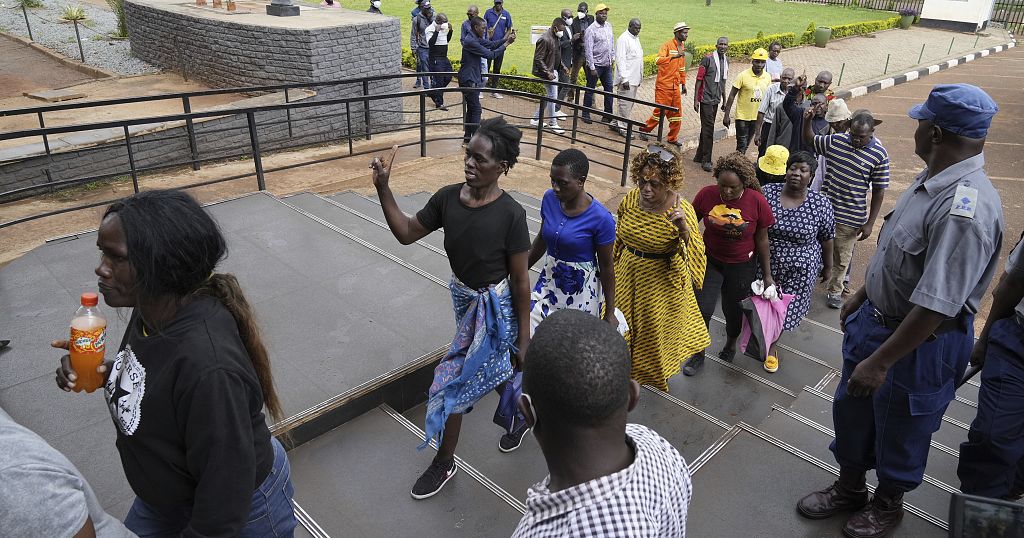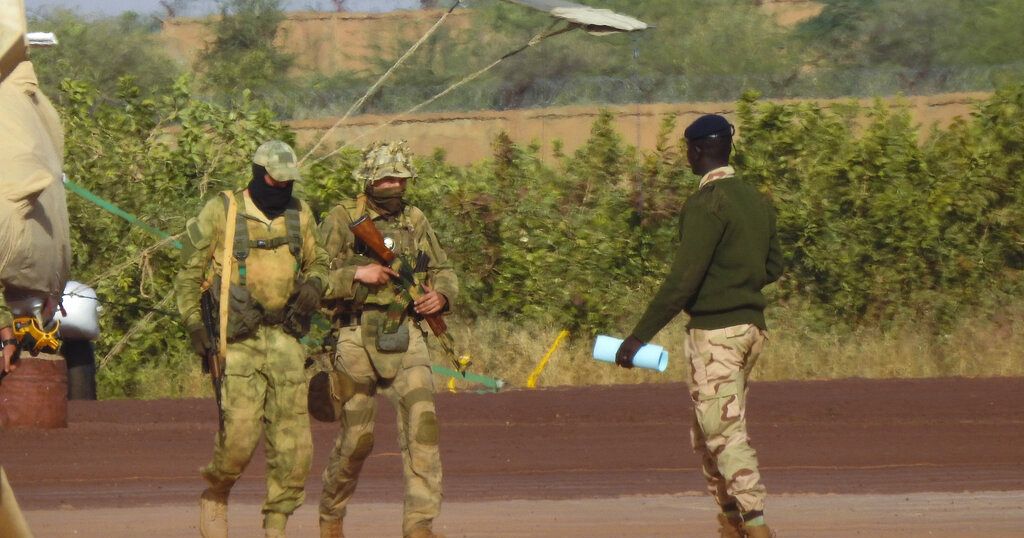South Africa is seeing a surge in kidnappings for money, with police recording over 4,000 cases between July and September, a two-fold increase from the same period the previous year. Most of these cases are a result of carjackings, robberies, and rapes, but an increasing number of victims are being targeted directly. The kidnappings have been fueled by the involvement of foreign crime groups suspected to be operating from countries such as Mozambique and Pakistan. Indian, Pakistani, Somali, and Ethiopian individuals are among those being targeted. In some cases, ransom demands can run into the millions of rand (tens of thousands of dollars) and are paid via foreign bank accounts or Bitcoin. In other cases, the victim is simply killed after their bank account has been emptied. The South African police have set up a special unit to deal with the issue and have said they are “closing in on several syndicates” responsible for kidnappings for ransom.
In addition to the rise in kidnappings for ransom, South Africa has a long history of high levels of violent crime. The country is often described as one of the most dangerous countries in the world outside of a war zone. Common types of violent crime in South Africa include murder, rape, assault, and robbery. The country’s high levels of crime are often attributed to a range of factors, including poverty, unemployment, and inequality. In recent years, the South African government has implemented various initiatives to address the issue of crime, including the deployment of additional police officers and the implementation of stricter sentencing guidelines. However, the high levels of crime continue to be a major concern for many South Africans.
In addition to the impact on individuals and families, the high levels of crime in South Africa also have broader economic and social impacts. Crime can discourage investment and tourism, leading to a negative impact on the country’s economy. It can also have a psychological impact on individuals and communities, leading to a sense of fear and insecurity.
There have also been concerns about corruption within the South African police force and the justice system, which can undermine efforts to address crime and reduce its prevalence. This can include corruption within the police, such as accepting bribes or protecting criminal organizations, as well as corruption within the judiciary, such as accepting bribes to influence the outcome of cases.
Efforts to address crime in South Africa must take into account the complex and interrelated factors that contribute to its high levels. This can include addressing social and economic issues such as poverty and inequality, as well as addressing corruption within the police and justice system. It is also important to focus on preventative measures, such as education and community programs, in addition to law enforcement efforts.



